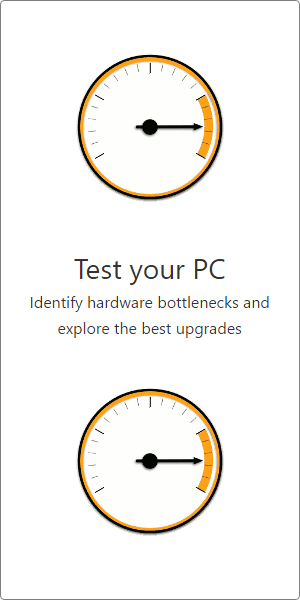Effective Speed
+7%
Poor: 87%
Great: 108%
SPEED RANK: 79th / 1442
Poor: 102%
Great: 110%
SPEED RANK: 55th / 1442
| Effective Speed
Effective CPU Speed |
99 % | 106 % | Slightly faster effective speed. |
Average Score
+8%
Overclocked Score
+1%
Value & Sentiment
+24%
Nice To Haves
+13%
Specifications
| Series
CPU Architecture |
Zen3 | Raptor Lake | ||||
| Socket
Motherboard Socket |
AM4 | FCLGA1700 | ||||
| Graphics
Integrated Graphics |
None | None |
Conclusion
Average Bench 99%
Average Bench 106%
User Builds
60,132
5,603
Systems with these CPUs
Top Builds that include these CPUs
Frequently Asked Questions
Processors FAQ
ALL FAQs »

 CPU
CPU
